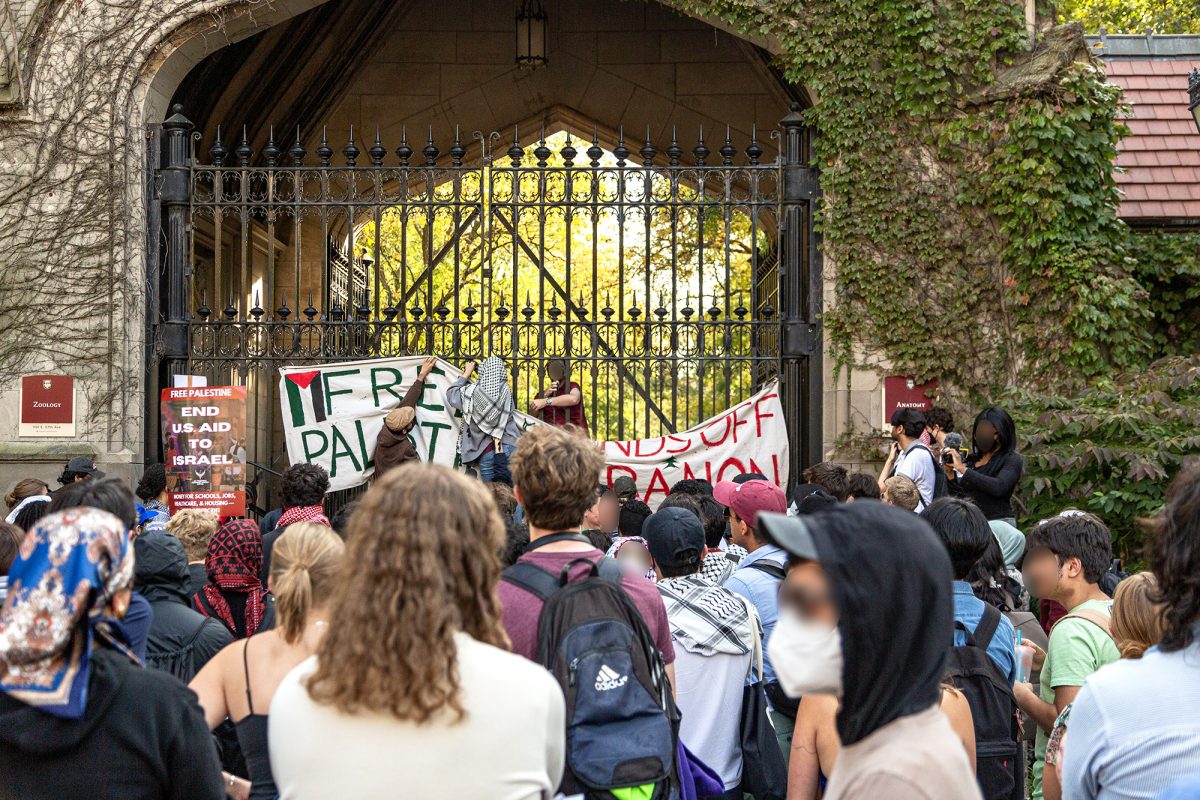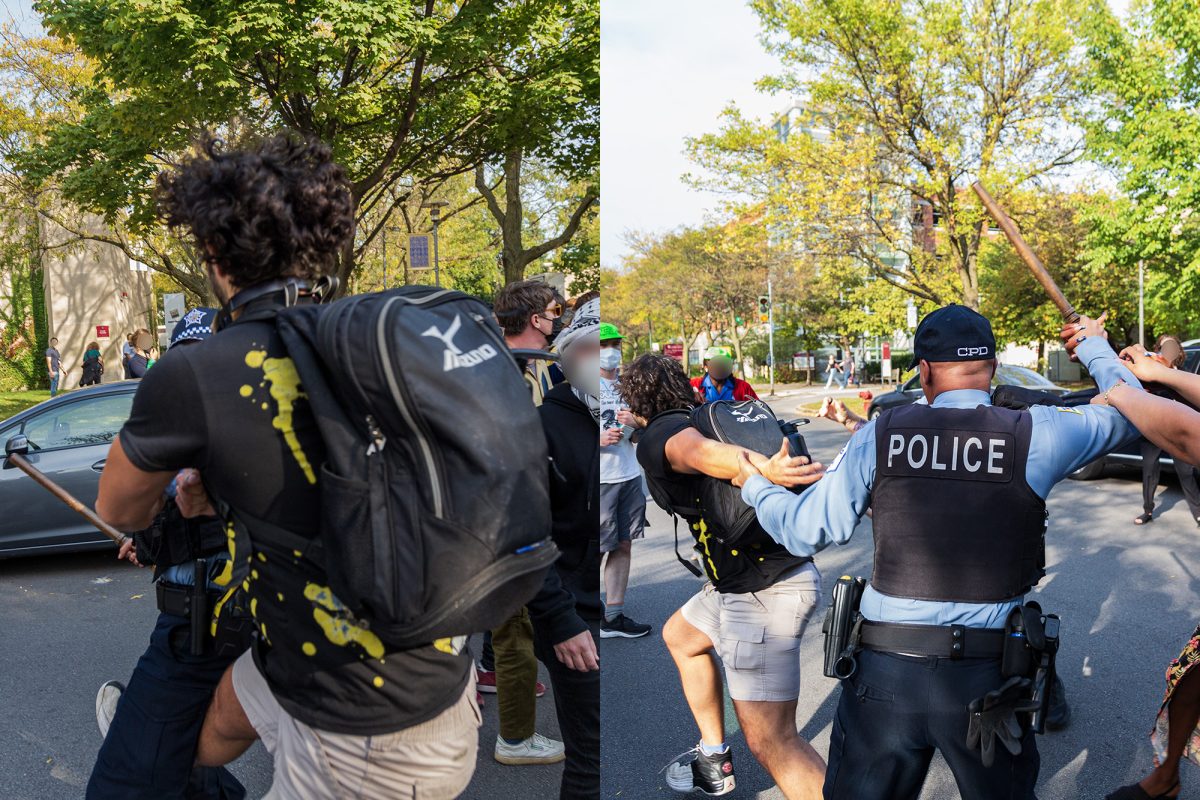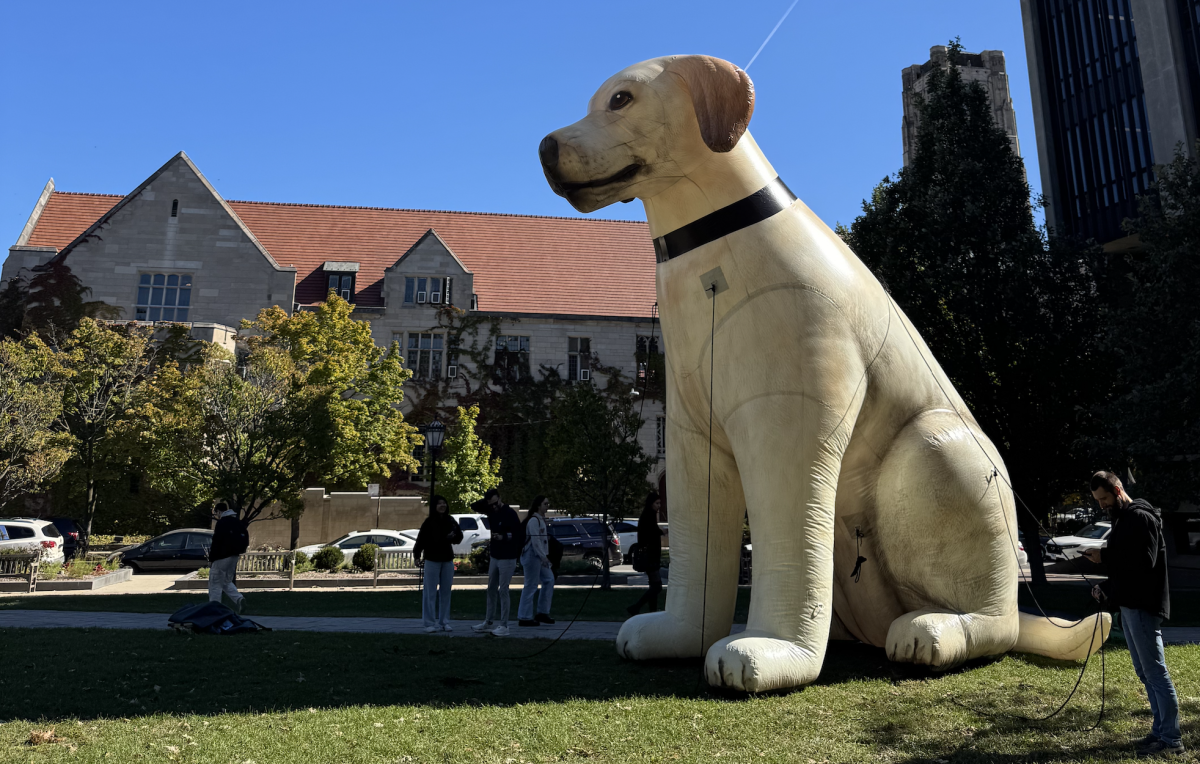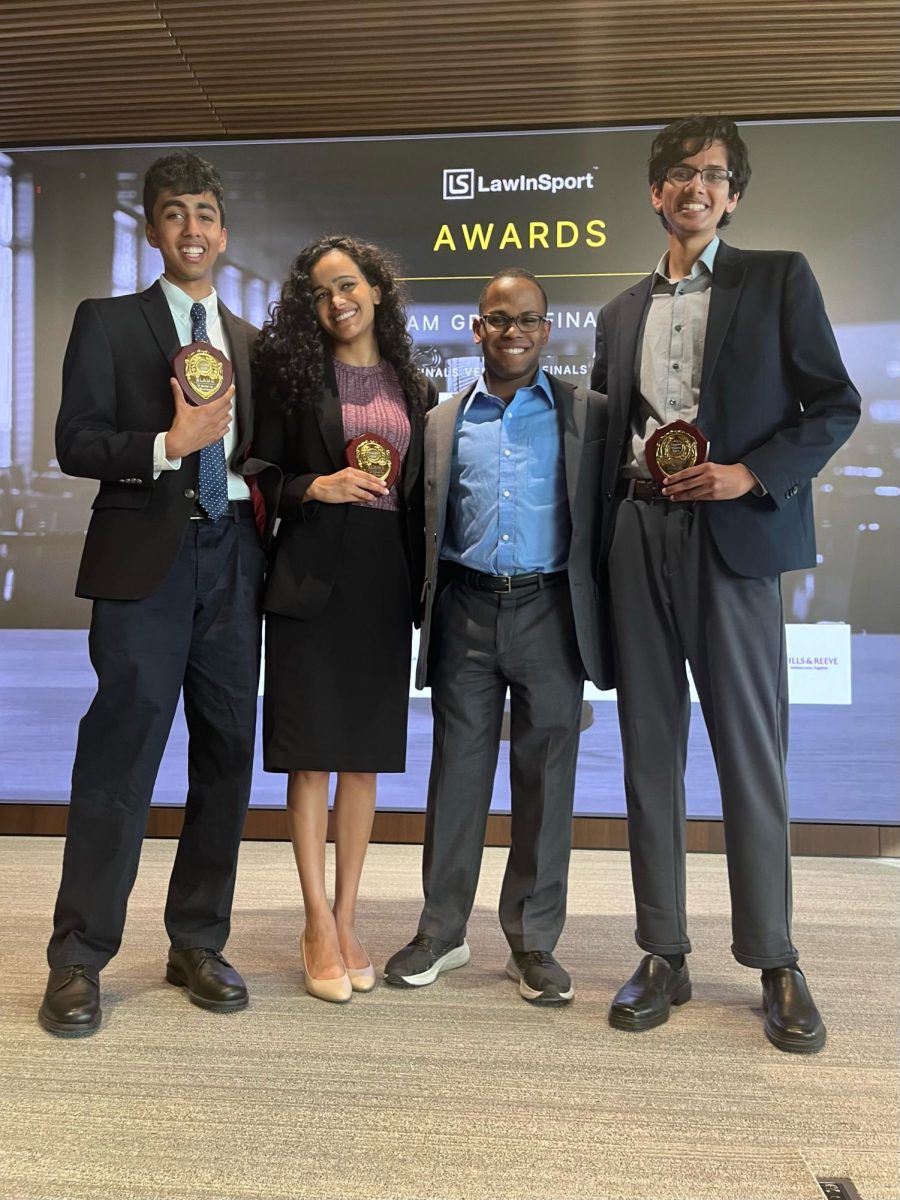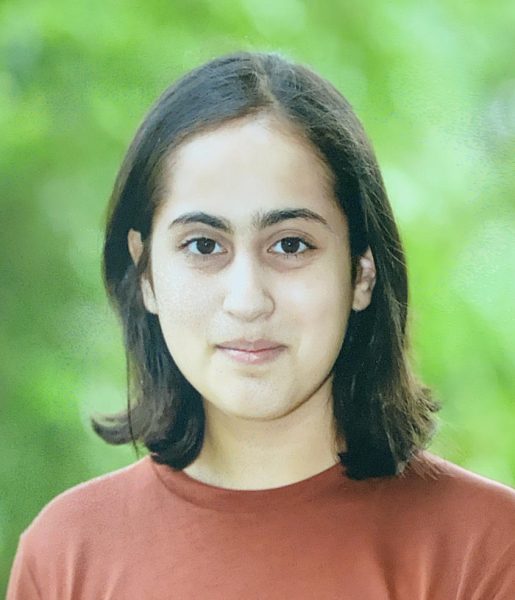As COVID-19 case numbers drop after the Omicron surge this winter, the healthcare professionals of UChicago Medicine still face another problem: burnout.
Jayant Pinto, the dean of faculty affairs in the Biological Sciences Division (BSD), spoke on how UChicago Medicine has faced mounting stress since early in the pandemic, due to challenges including initial supply shortages and a lack of data on treatments.
“We faced a lot of strain in the pandemic and just the sheer numbers of patients coming in with COVID, or not with COVID but trying to care for them in the environment of COVID, and that’s taken a lot of toll on our stress levels,” Pinto said in an interview with The Maroon.
According to the Dean for Medical Education of the BSD, Vineet Arora, with transmission mitigation measures like vaccines and masks being widely available, healthcare workers across the nation view the COVID-19 surge as a largely preventable one, enabled by misinformation and distrust. “That’s incredibly demoralizing for many people in the health profession who have worked really hard and made a ton of sacrifices,” Arora said.
These challenges have only exacerbated the high levels of stress that healthcare workers had already been experiencing before the pandemic. For instance, Pinto said that in pre-pandemic times, the logistical burdens of the electronic medical record (EMR) took away time that healthcare workers could spend interacting with patients. Now, with COVID-19 risk-reduction policies, professionals often have even fewer opportunities to interact with patients and families.
“You can’t see their faces, you can’t see their emotions, you are restricted in how you can have them come into your office and who can come with them, [and] that is challenging,” Pinto said.
A multifaceted issue like burnout cannot be resolved easily, but UChicago Medicine is taking steps to help its workers face this challenge. Even before the pandemic, UCM offered wellness and resilience programs, which have been reframed in light of COVID-19. Royce Lee, who is a psychiatrist and researches trauma and stress, leads the Traumatic Stress and Disaster Recovery Support program, which meets weekly and measures burnout and secondary traumatic stress using surveys. This data has allowed them to assess the scope of mental health strain among their hospital workers.
In response to the apparent mental strain, UCM has started a variety of programs available to all UCM hospital workers. These programs include resilience training and sessions on mindfulness, meditation, group cognitive therapy, and compassion fatigue.
Additionally, a UCM collaboration with the Hyde Park Institute called Meaning and Purpose in Medicine provides physicians the opportunity to reflect on challenges they face in their career through speaker presentations and group discussions.
The last week of January also marked Resilience Week, a series led by the Office of Graduate Medical Education that hosts speakers and organizes events to promote well-being. “Of course, you can’t just have well-being and resilience for a week, but [these programs] are really meant to help people connect with themselves and help people give the tools on how to engage in seeking health,” Arora said.
Lee explained that providing these tools is crucial in combating the stigma towards mental health resources that is pervasive in healthcare. Over the course of the pandemic, Lee has seen an increased awareness of the importance of mental health, with therapy and counseling becoming more commonly offered benefits.
Lee acknowledged that programs like this have less of an impact than systemic, institutional policies. “We know from national research that things like resilience training generally have smaller effects than [institutional] changes, so whenever possible, we’ve tried to work with leadership to figure out ways to reduce stress,” he said.
In the context of a pandemic, the hospital’s ability to make these institutional changes is limited by staff shortages and demand. “This is a federal disaster [and] by definition, in a disaster, the resources don’t match the demand,” Lee said.
Still, UCM has found possible solutions. According to Pinto, it is critical to reduce the barriers that take healthcare workers away from patient care. One such fix is allowing professionals to dictate notes through transcription software rather than write them, which reduces the burden of the EMR.
The hospital is also working to streamline workloads so that employees are not finishing tasks at home. “There’s this thing called pajama time where people are doing work at home at night reading notes [and] making phone calls,” Pinto said. Additionally, UCM’s new efforts include hiring a chief wellness and vitality officer, who will be responsible for expanding the hospital’s efforts in combating burnout.
“I know that our institution is committed to improving clinical well-being for all,” Arora said.






